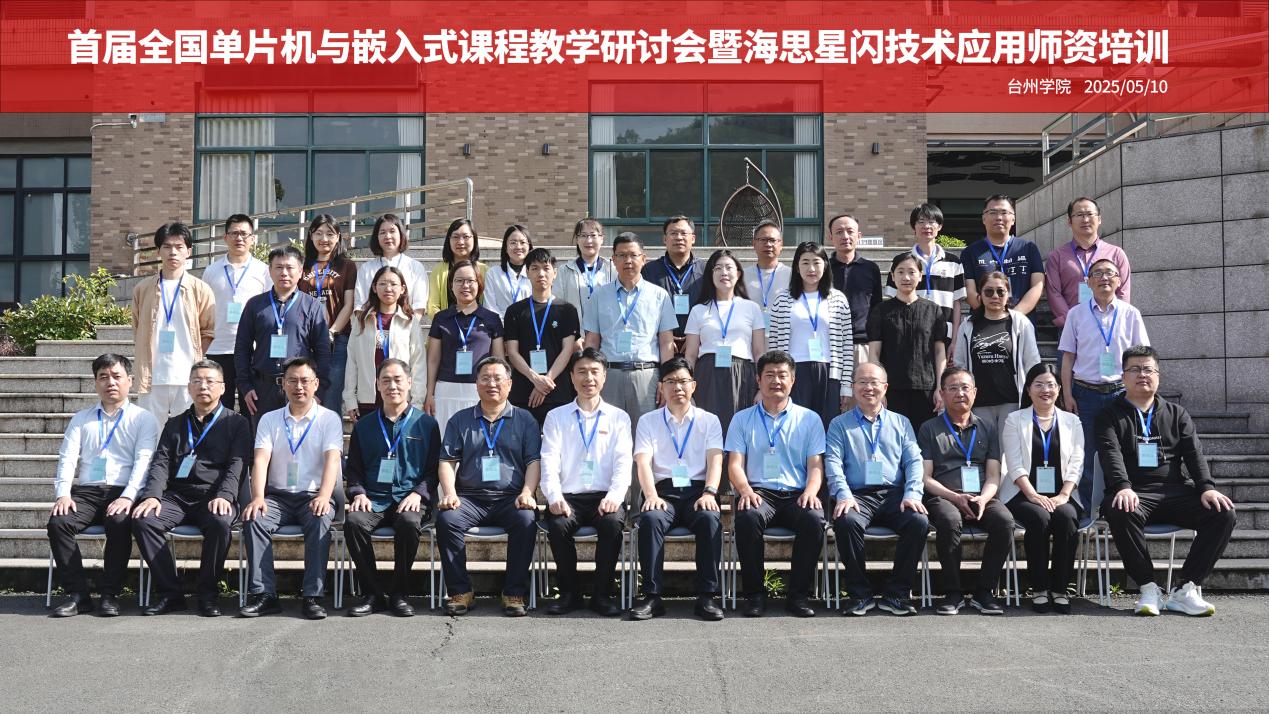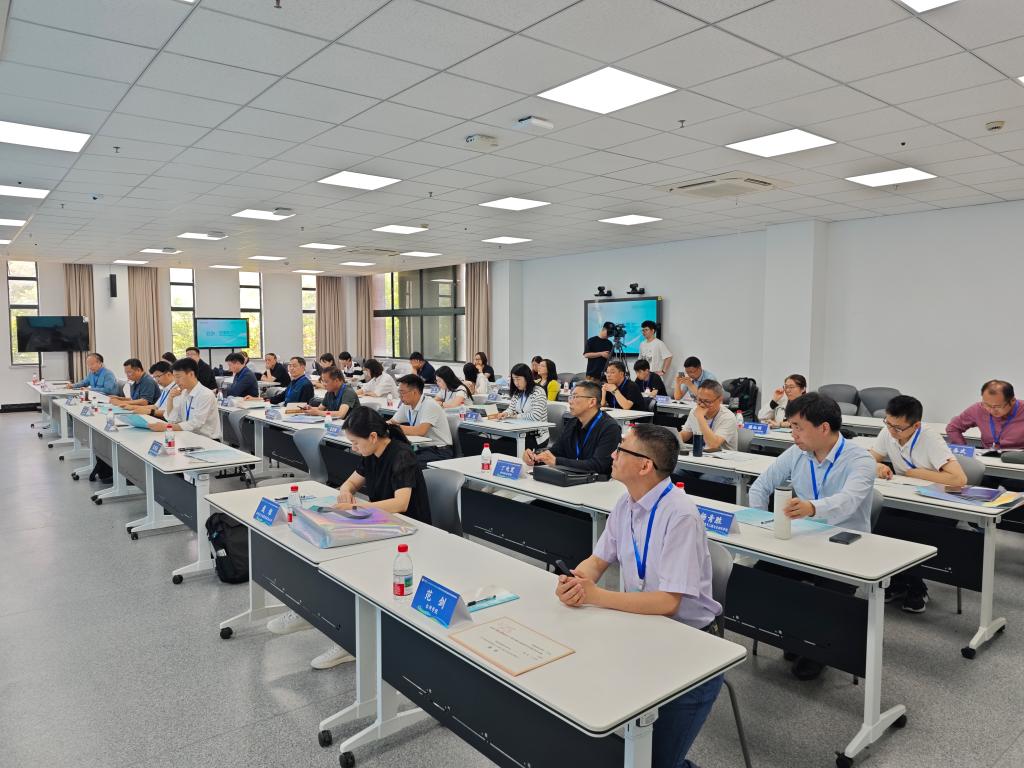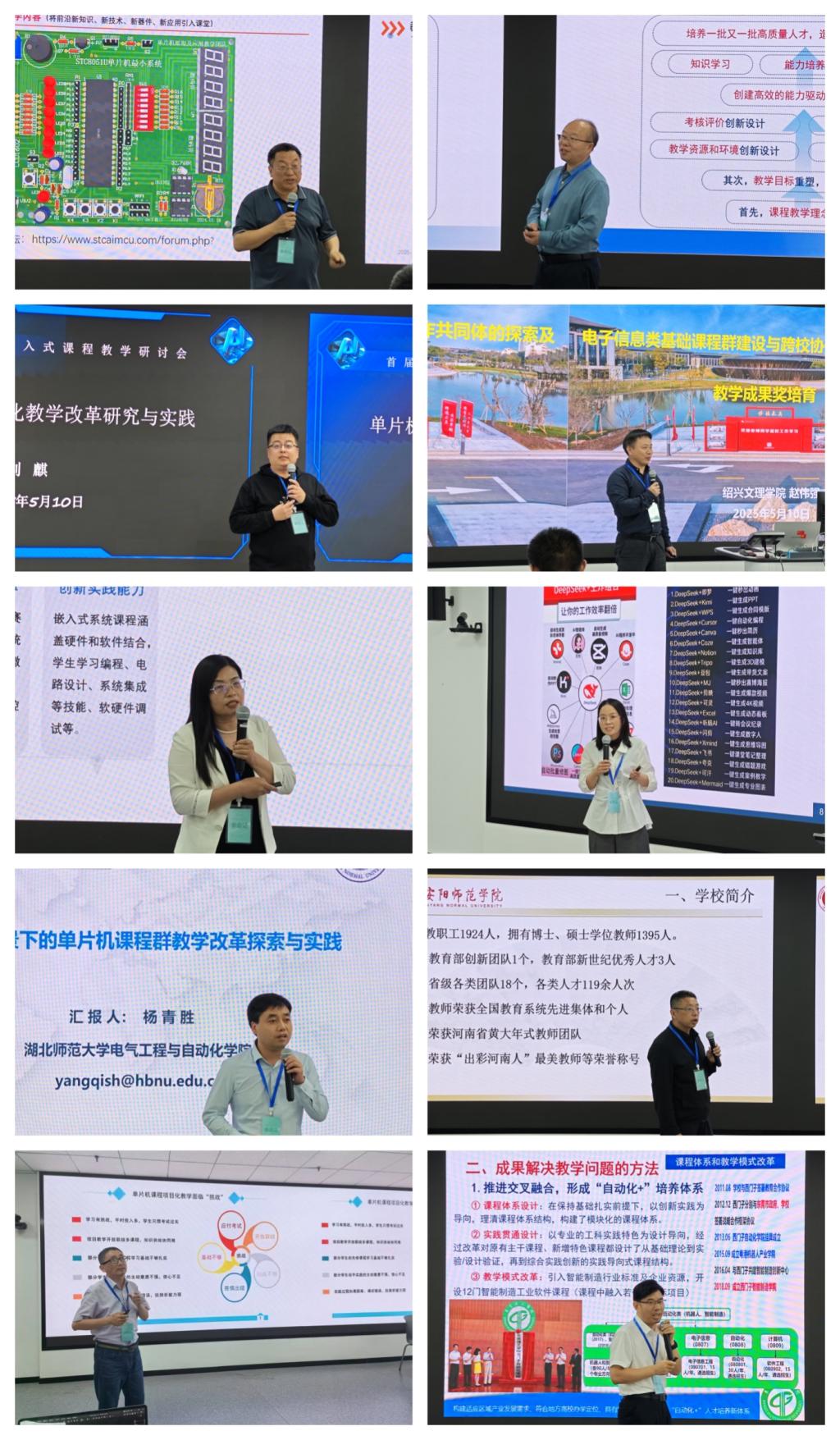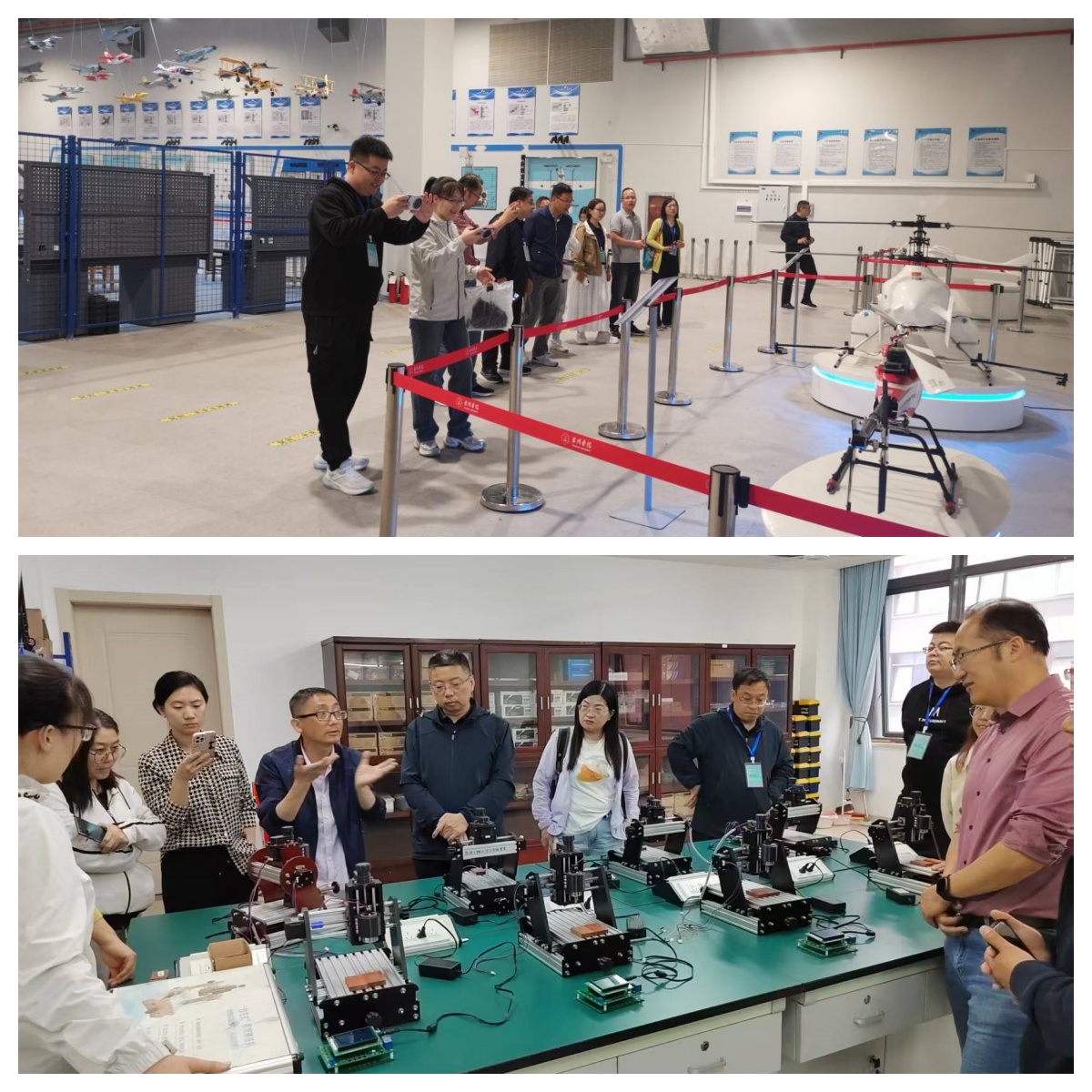TU successfully hosted the inaugural “National Seminar on Microcontroller and Embedded Systems Teaching & HiSilicon SparkLink Faculty Training” from May 9 to 11. The event aimed to bridge industry and academia, drive innovation in microcontroller education, and expand the use of domestic chip technologies. Under the theme “Smart Connectivity, Industry-Education Integration, AI-Powered Talent Development,” it brought together educators to explore modern teaching approaches for the intelligent era. Over 40 faculty from 23 universities attended in person, with 240+ joining online.

Attendees group photo
Opening speeches by Vice President Li Jianjun, Fan Bosen (Deputy Secretary-General, National Semiconductor Industry-Education Consortium), and Wang Chenglin (Xingtai University) highlighted the seminar’s role in advancing China’s education and modernization goals. They stressed the need to: develop high-quality textbooks, teaching resources, and faculty expertise; scale cross-university collaboration and industry partnerships; align curricula with industry demands; integrate cutting-edge domestic chip tech into courses, textbooks, and hands-on training.
Professors from Dongguan University of Technology, Xingtai University, Shenyang Ligong University, and six other institutions shared teaching innovations. Key topics included: digital transformation of microcontroller courses; AI-enhanced virtual simulation labs; building nationally accredited courses.
Sessions were chaired by Professors Fan Jian (TU) and Zhang Dongyang (Shenyang Ligong University).

Seminar

Participating experts share their insights
Jiangsu HopeRun’s manager introduced SparkLink’s educational ecosystem. Huawei’s Developer Evangelist Prof. Zhang Dongyang then led practical workshops on setting up SparkLink development environments, core module control exercises, and peer-to-peer communication projects.
The training blended theory with operation, empowering educators with SparkLink skills and effective teaching methods. Attendees later discussed curriculum design and toured TU’s Smart Manufacturing labs, gaining insights into experimental platform development.

Field investigation and exchanges
The “seminar + training” model provided actionable strategies for course reform. Participants hailed the event as “highly valuable and productive.” The event was empowered with support from Jiangsu HopeRun Software.
Organized by a national teaching team (led by directors of eight top-ranked courses), this initiative focuses on creating shared teaching resources, embedding domestic chip tech in curricula, boosting university-industry collaboration, and using AI and hybrid labs to upgrade courses. The goal is to elevate teaching standards nationwide and fuel China’s education innovation.